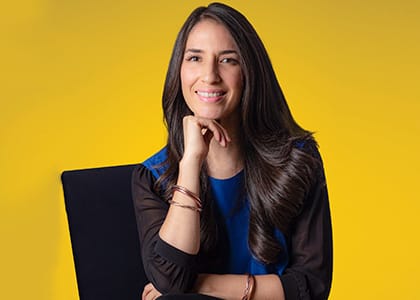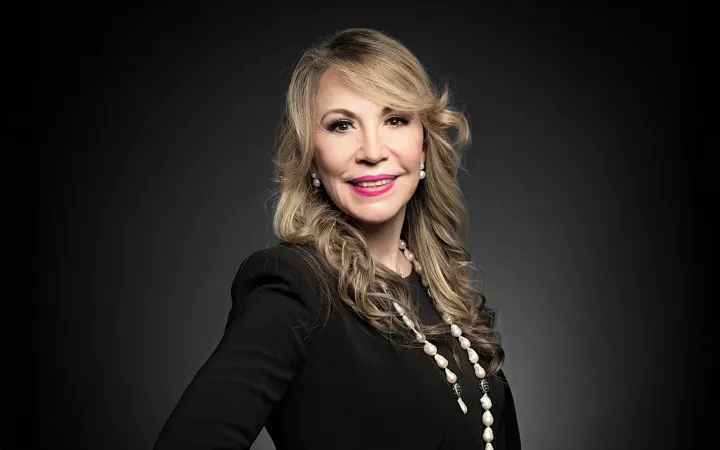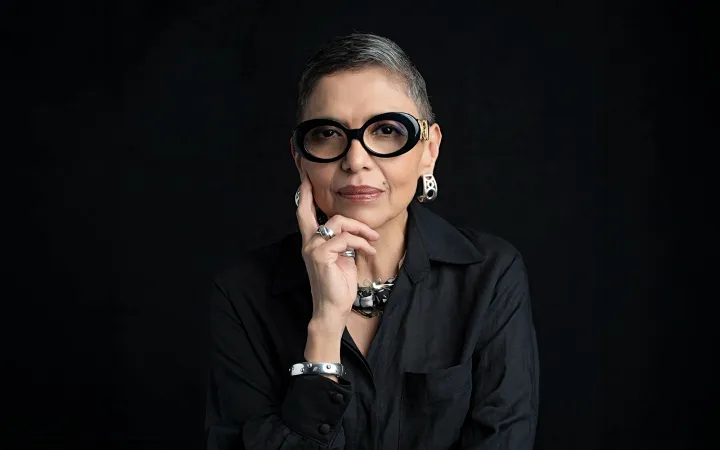
Por Priscilla de Anda Núñez, directora general de Un Kilo de Ayuda.

La inclusión de la primera infancia en las propuestas de campaña adquiere una importancia crítica para decidir por quién votar. Desde una perspectiva de derechos, es fundamental entender que cada niño y niña tiene el derecho inherente a un desarrollo pleno y saludable. Las candidatas y candidatos tienen la responsabilidad de incluir en sus plataformas medidas concretas y sostenibles que prioricen el bienestar y el desarrollo de la primera infancia. Esto no solo implica promesas vacías, sino compromisos reales respaldados por políticas públicas sólidas y presupuestos adecuados.
¿El momento importa? ¡Claro que importa! Quiénes no recuerdan los primeros años de vida como la época en la que más crecieron físicamente, aprendieron a caminar, probaron sus primeros alimentos, dieron sus primeras carcajadas e incluso dijeron sus primeras palabras. Y es que los primeros años de vida son el periodo más crítico y formativo en el desarrollo humano, es el momento en el que más importa invertir en el desarrollo de un ser humano. Durante la primera infancia, se establecen los cimientos no solo para la salud física, sino también para el desarrollo cognitivo y socioemocional que nos acompañará a lo largo de la vida. Invertir en esta etapa no solo beneficia a los individuos en su infancia, sino que también tiene impactos positivos a largo plazo en la sociedad.
Sin embargo; cuando volteamos a ver a los más pequeños de este país las estadísticas son estremecedoras. Existen casi 6 millones de niñas y niños menores de 6 años en México viviendo en situación de pobreza1, lo que conlleva a un mayor riesgo de padecer enfermedades físicas y mentales debido a la falta de acceso a atención médica adecuada y una nutrición deficiente. Además, su condición de pobreza puede obstaculizar su acceso a una educación de calidad, limitando las oportunidades para desarrollar sus habilidades y alcanzar su máximo potencial. La vulnerabilidad a la explotación laboral y otras formas de abuso también son un peligro real, y la falta de recursos y apoyo emocional afecta negativamente su desarrollo socioemocional, perpetuando así el ciclo de pobreza de una generación a otra.
En este sentido, la ENAPI (Estrategia Nacional de Atención a la Primera Infancia) y la Ruta Integral de Atenciones son dos pilares fundamentales en la atención y promoción del desarrollo infantil en México. La ENAPI, publicada a inicios de 2022, establece un marco de políticas y programas para garantizar el acceso equitativo a servicios de calidad en salud, nutrición, educación y protección para niños y niñas desde su nacimiento hasta los seis años de edad. Por otro lado, la Ruta Integral de Atenciones es un instrumento operativo que articula y coordina los esfuerzos de las distintas instituciones gubernamentales y de la sociedad civil en la atención integral de la primera infancia.
Sin embargo, a pesar de la existencia de estas iniciativas, aún persisten desafíos importantes en la implementación efectiva: la falta de coordinación interinstitucional, la insuficiencia de recursos y la falta de monitoreo y evaluación son algunos de los obstáculos que limitan el impacto de estas estrategias. Y es justo allí que desde Un Kilo de Ayuda hacemos un llamado urgente para que el bienestar y el futuro de la niñez sea una prioridad absoluta en la agenda nacional y en las propuestas de las candidatas y candidatos; porque solo garantizando la implementación efectiva de políticas que garanticen el pleno desarrollo de la niñez, podremos construir un país más justo y próspero.
Así que no olvidemos que la brecha es corta, y que si no es ahora mañana será demasiado tarde. Como madre y ciudadana no solo invito a los gobiernos, sino a las instituciones, empresas y a cada uno de los ciudadanos a cuidar y exigir que se proteja lo más valioso de cualquier sociedad: la niñez.
Fuentes Consultadas:
Las opiniones expresadas son responsabilidad de sus autoras y son absolutamente independientes a la postura y línea editorial de Opinión 51.





Comments ()